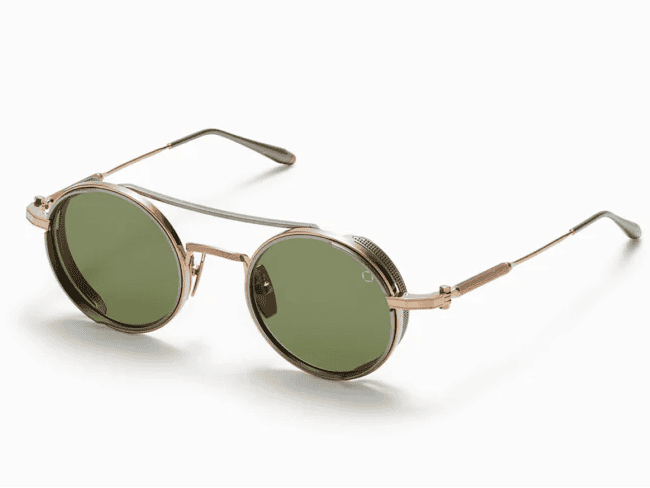What Are UV Rays?
Ultraviolet (UV) rays are a type of electromagnetic radiation that comes from the sun. There are three main types of UV rays: UVA, UVB, and UVC. While UVC rays are blocked by the Earth’s atmosphere and don’t reach us, both UVA and UVB rays make it through and can have an impact on your skin and eyes. UV radiation is invisible to the human eye, but prolonged exposure to it can lead to various health concerns.
Can UV Rays Damage Your Eyes?
Yes, UV rays can damage your eyes. Just as UV rays can cause sunburn on your skin, they can also affect delicate tissues in the eyes. Long-term exposure to UV radiation can lead to serious eye conditions, especially if you’re not wearing sunglasses. Unlike visible light, UV rays penetrate deeply into the eye, which increases the risk of permanent damage over time.
What Eye Conditions Are Caused by UV Exposure?
Photokeratitis:
Over time, frequent and unprotected exposure to UV rays can contribute to several eye problems. One of the most common is photokeratitis, which is like a sunburn for your eyes. It can cause temporary pain, redness, and a gritty feeling in the eyes, often described as “snow blindness.” While photokeratitis typically heals within a few days, prolonged exposure can increase the risk of more serious conditions.
Cataracts:
Cataracts are another condition that has been linked to UV exposure. A cataract is the clouding of the eye’s lens, which can lead to blurred vision and eventually blindness if untreated. UVB rays, in particular, are believed to play a significant role in the development of cataracts.
Macular Degeneration:
UV rays can also contribute to macular degeneration, which is a leading cause of vision loss in older adults. This condition affects the central part of the retina (the macula), causing gradual loss of sharp vision. While the exact cause of macular degeneration is still being studied, UV exposure is considered a contributing factor.
Surfer’s Eye:
Pterygium, often referred to as “surfer’s eye,” is another condition linked to UV radiation. It involves the growth of tissue on the white part of the eye, which can eventually extend over the cornea and affect vision. People who spend a lot of time outdoors, especially in sunny or windy environments, are at greater risk of developing this condition.
How Can You Protect Your Eyes From UV Rays?
The easiest way is to get sunglasses that block 100% of both UVA and UVB rays. It’s important to ensure that the sunglasses offer full protection, as some low-quality lenses may not block UV rays effectively. Wraparound sunglasses can provide even better protection, as they block rays from the sides.
Additionally, wearing a wide-brimmed hat can reduce the amount of UV radiation that reaches your eyes. Contact lenses with UV protection are also available, but they should always be used in combination with sunglasses for maximum protection.
Are UV Rays Harmful on Cloudy Days?
Yes, UV rays can still affect your eyes on cloudy days. Up to 80% of UV rays can pass through clouds, meaning that your eyes are still exposed to potential harm even when the sun isn’t shining brightly. The reflection of UV rays off surfaces like water, snow, and sand can further increase exposure, making it important to wear sunglasses year-round.
So, How Do UV Rays Affect Your Eyes?
UV rays can have a significant impact on your eyes, particularly if they are exposed over long periods without protection. While short-term exposure may cause temporary irritation or discomfort, long-term exposure can lead to more serious conditions like cataracts, macular degeneration, and other eye diseases. It’s important to take precautions to shield your eyes from UV rays by wearing proper sunglasses and staying mindful of exposure, even on cloudy days or when using artificial UV sources.
Discover independent eyewear with Project Spex. Every Friday, we deliver the latest in collectible eyewear and your favorite independent designers.
Sign up now and never miss a thing!
About The Author:

Will Benjamin is an advocate for independent eyewear and one of the driving forces behind Project Spex. With a passion for unique, collectible, and limited-edition eyewear, Will aims to inspire people to build their own collections through Project Spex, while supporting the success of independent opticals.


